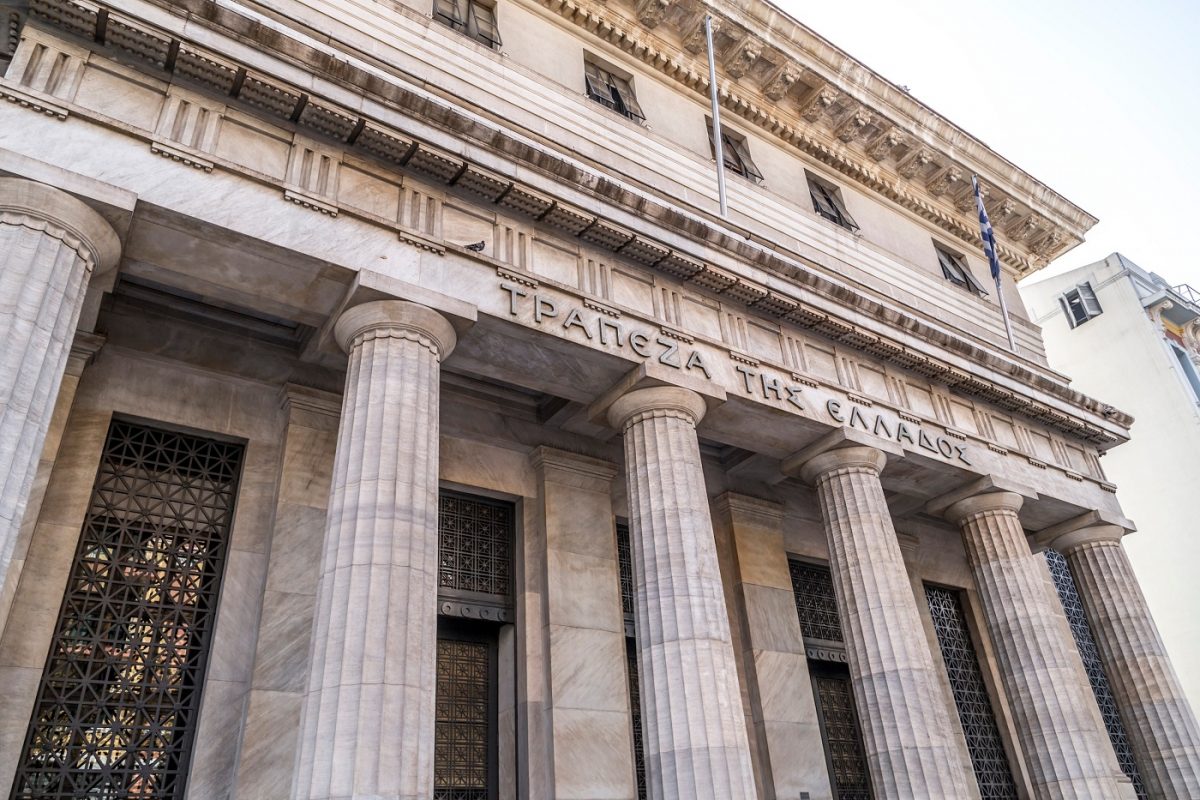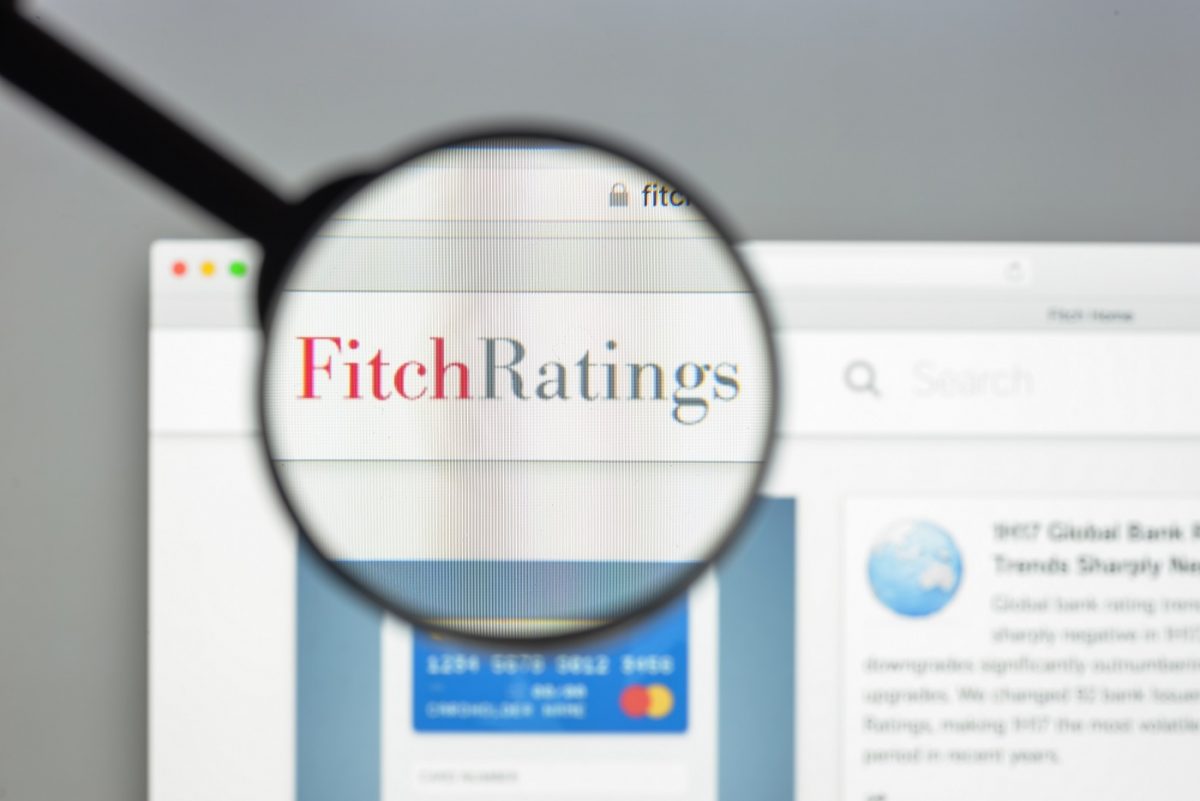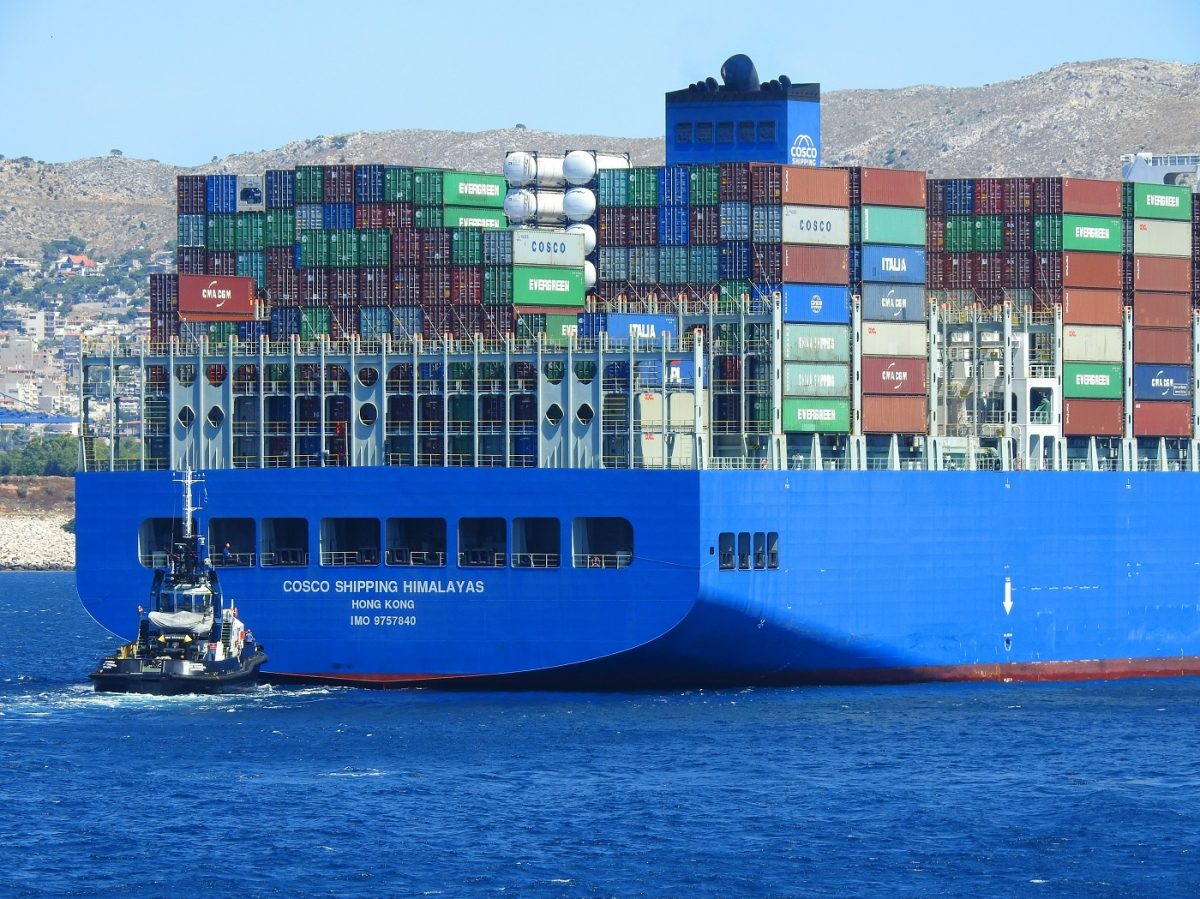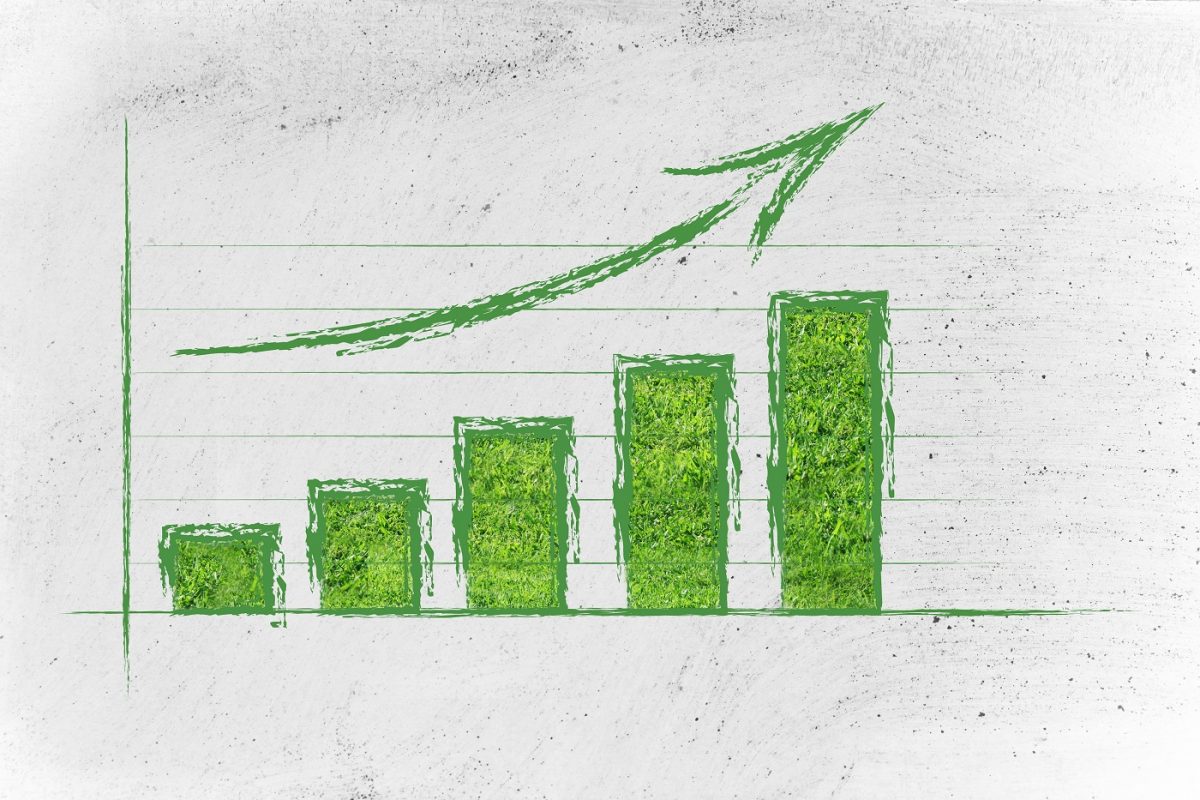ECONOMY

Greek Banks Passed Stress Tests
Greece’s four systematic banks, namely National Bank of Greece, Piraeus Bank, Eurobank and Alpha Bank passed the European Central Bank’s stress test in end of July, indicating their capital adequacies and their capacities to execute business plans. The four banks’ strong capital positions lead Axia Research to remark that capital infusion is not necessary should the banks face strong pressures in the next three years.

Fitch Rated Greek Banks Outlook Positive
Fitch Ratings released in early August the report “Greek and Cypriot Bans: Peer Review” affirmed its positive outlook on Greece’s four major banks and predicted their impaired loan ratio would fall from 39% at the end of 2019 to 25% in mid-March 2021 and could further drop into single digit by the end of 2022 due to asset protection scheme and recent capital enhancement actions.
PROPERTY MARKET

Island Property Prices Keep Rallying
According to the latest analysis by the Holiday Home Price Observatory of Geoaxis Property & Valuation Services on five key Aegean islands, the average annual increase in sale prices in the second quarter of 2021 amounted to 5.2%, and to almost 7% compared to the second quarter of 2019, indicating that prices continued to rise through the pandemic.

Greek Real Estate Proved Immunity
The global credit rating agency DBRS Morningstar recently concluded that the Greek real estate market has restored resilience since 2020, despite the overall economic impact of the pandemic, with the trend continuing in 2021, as preliminary data from the Bank of Greece showed that property prices continued to rise at a rate of 3.3% on an annual basis. The strong rebound of the real estate market is due to a large extent from foreign investments, and the most significant price increases are located in Athens and Thessaloniki, respectively reaching 7.6% and 4.8% in 2020 and 5.4% and 3.7% in the first quarter of 2021.
INVESTMENTS

Tourism Projects Never Cease
A sizable tourism project: the construction of a 5-star, 320-room hotel with an eligible budget of €38 million in North Afandou of Rhodes island recently received the green light and to be incorporated in the Greek government’s strategic investments programme that foresees fast track procedures. At the same time, other 5-and 4-star hotel projects will also kick-start on Greek islands: Mykonos, Lefkada and Gytheio. These four tourism projects expect to create substantial job opportunities and to contribute to the local economies.

Piraeus Port Sold More Shares to Cosco
The court of Audit in Greece lately approved the Piraeus Port Authority (OLP) to sell its 16% stakes to Cosco Shipping Line. The sale of these additional shares will raise Cosco’s stake in OLP from its current 51% to 67%, solidifying China’s influence on the lucrative trans-Mediterranean maritime artery.
ENERGY

Greece Reached Historic High In RES Index
The auctions for a total renewable energy capacity of 2.1GW by 2025, as well as the introduction of a new digitized licensing procedure for participation in national renewable energy projects, helped Greece climb from 31st to a historic high of 26th in the biannual Renewable Energy Country Attractiveness Index compiled by Ernest & Young since 2003.
INFRASTRUCTURES

Freight Transport Vastly Upgrade
A budget of €4 billion has been set aside for the launch of next generation railway projects, that aim at connecting the country’s major ports with its railway network and establishing the country as a hub for freight transport in Southeastern Europe.
Projects include the modernisation of the Larissa-Volos line and new railway connections in the region of Magnesia for linking its industrial zones to the port of Volos and Nea Anchialos airport. More enhancement plans are on progress.




